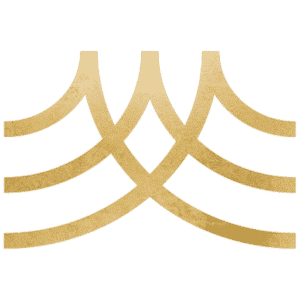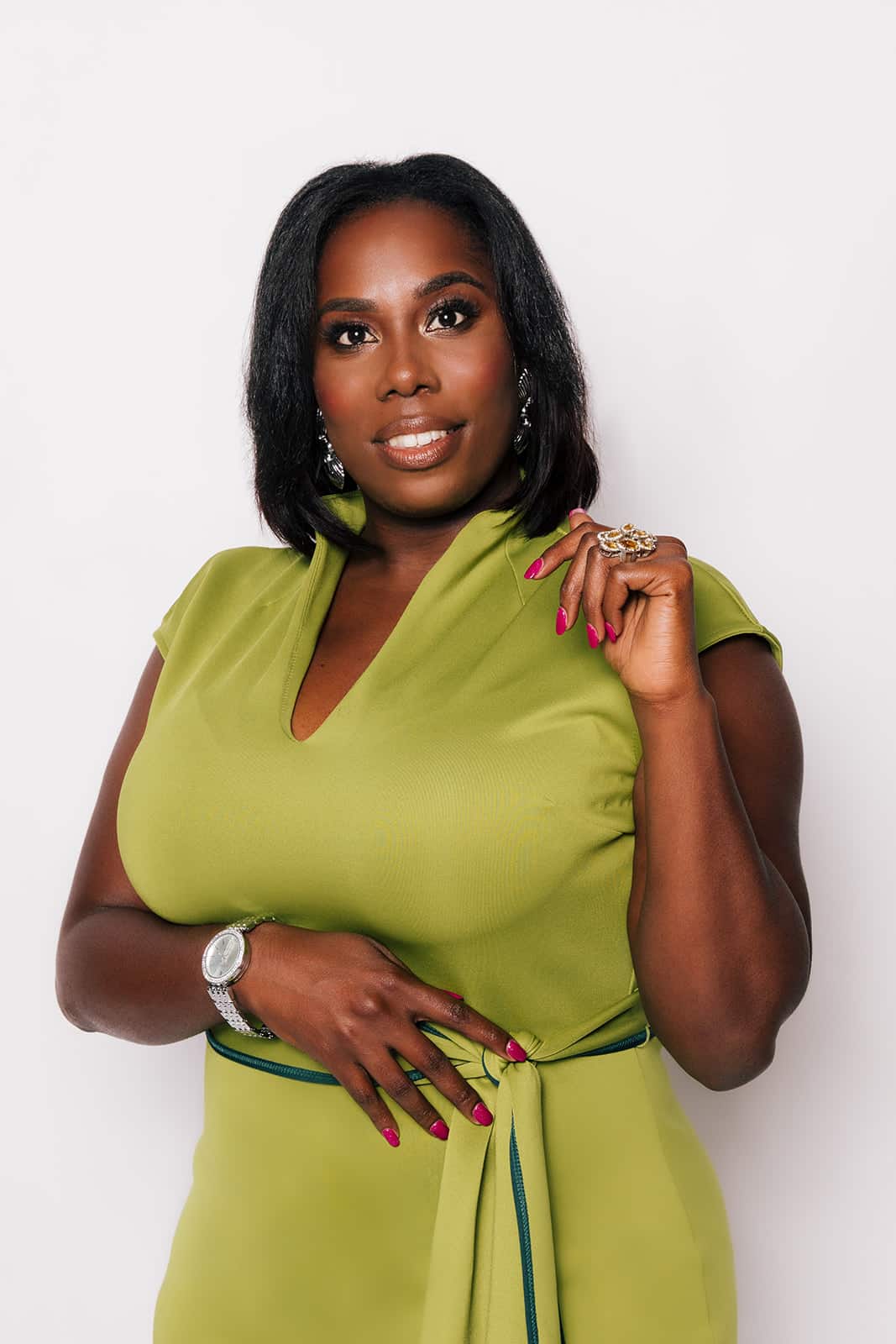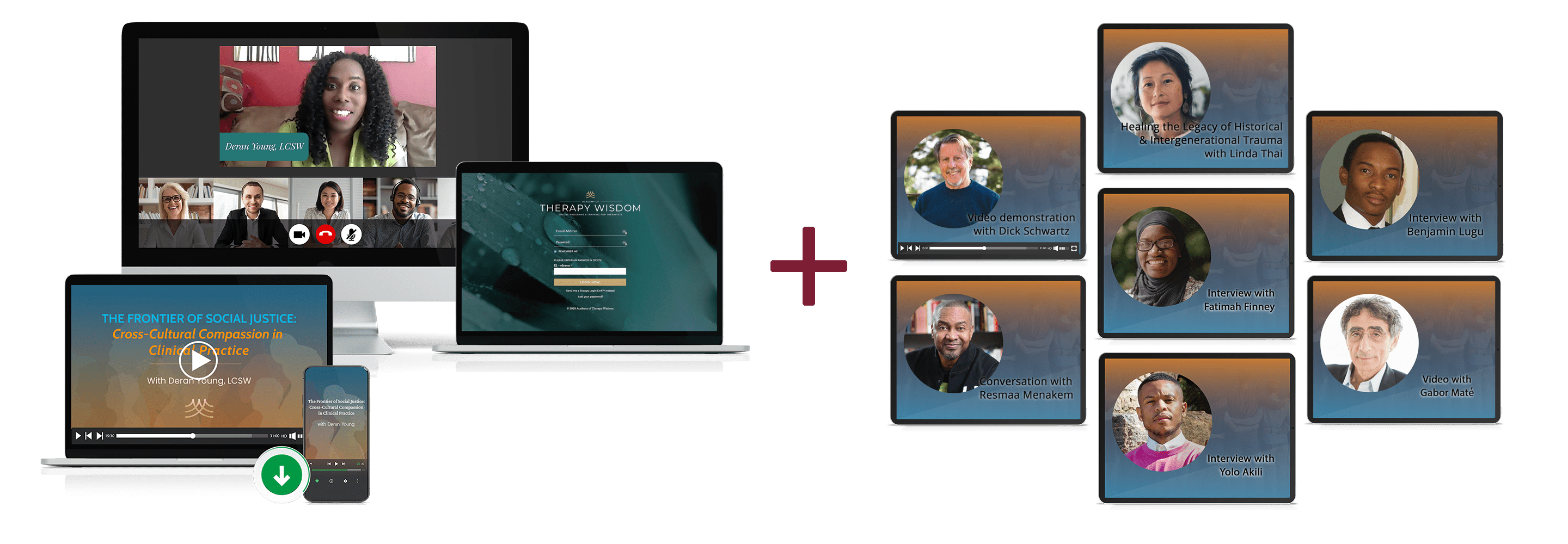Be a change-maker for social justice.
Develop cross-cultural connection so all your clients feel seen and respected, and you can prevent unintentional harm.
Be aware of how race, class, and gender dynamics show up in your practice.
Understand how power, privilege, and prejudice impact relationships.
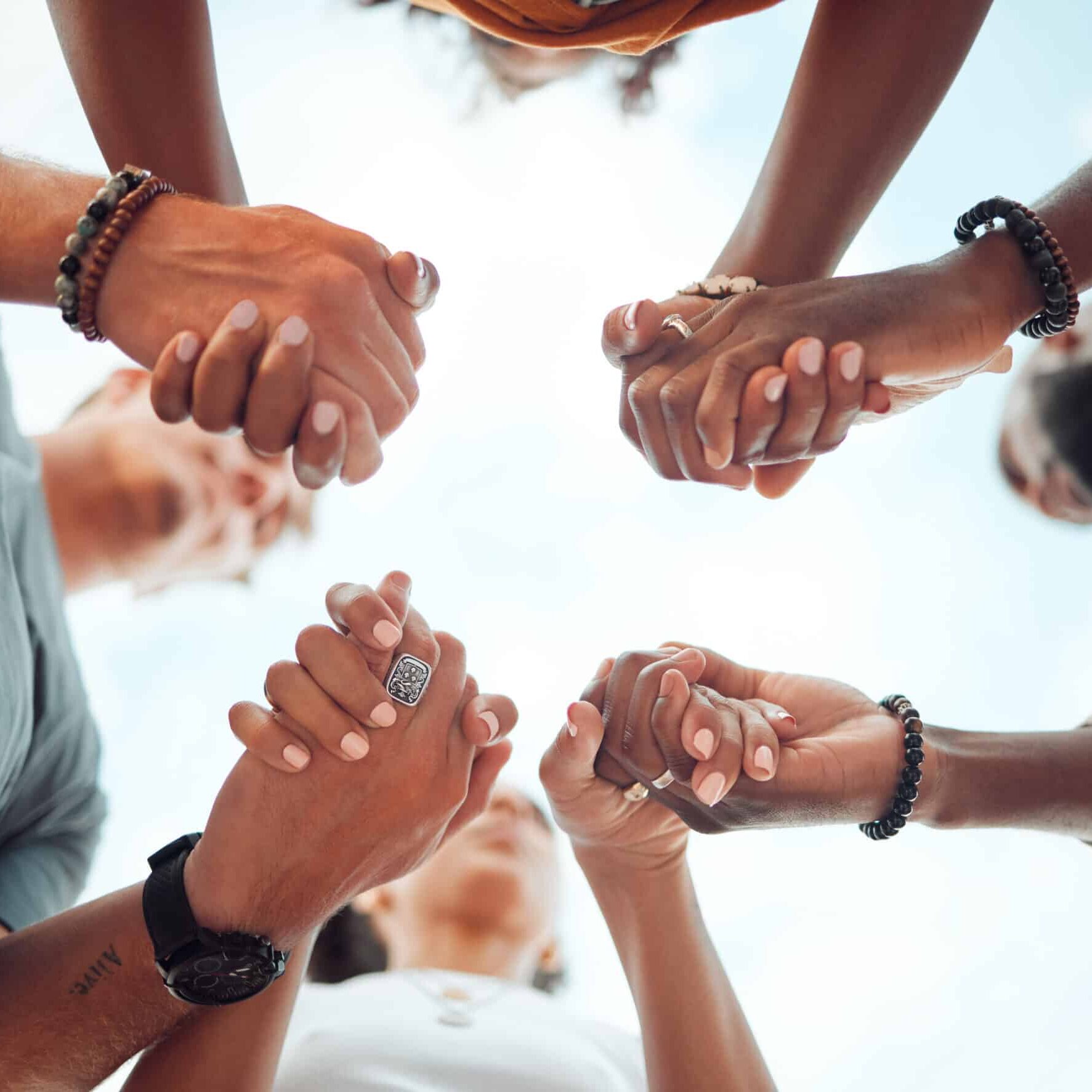
Grow in community with others who want to learn how to be anti-oppressive
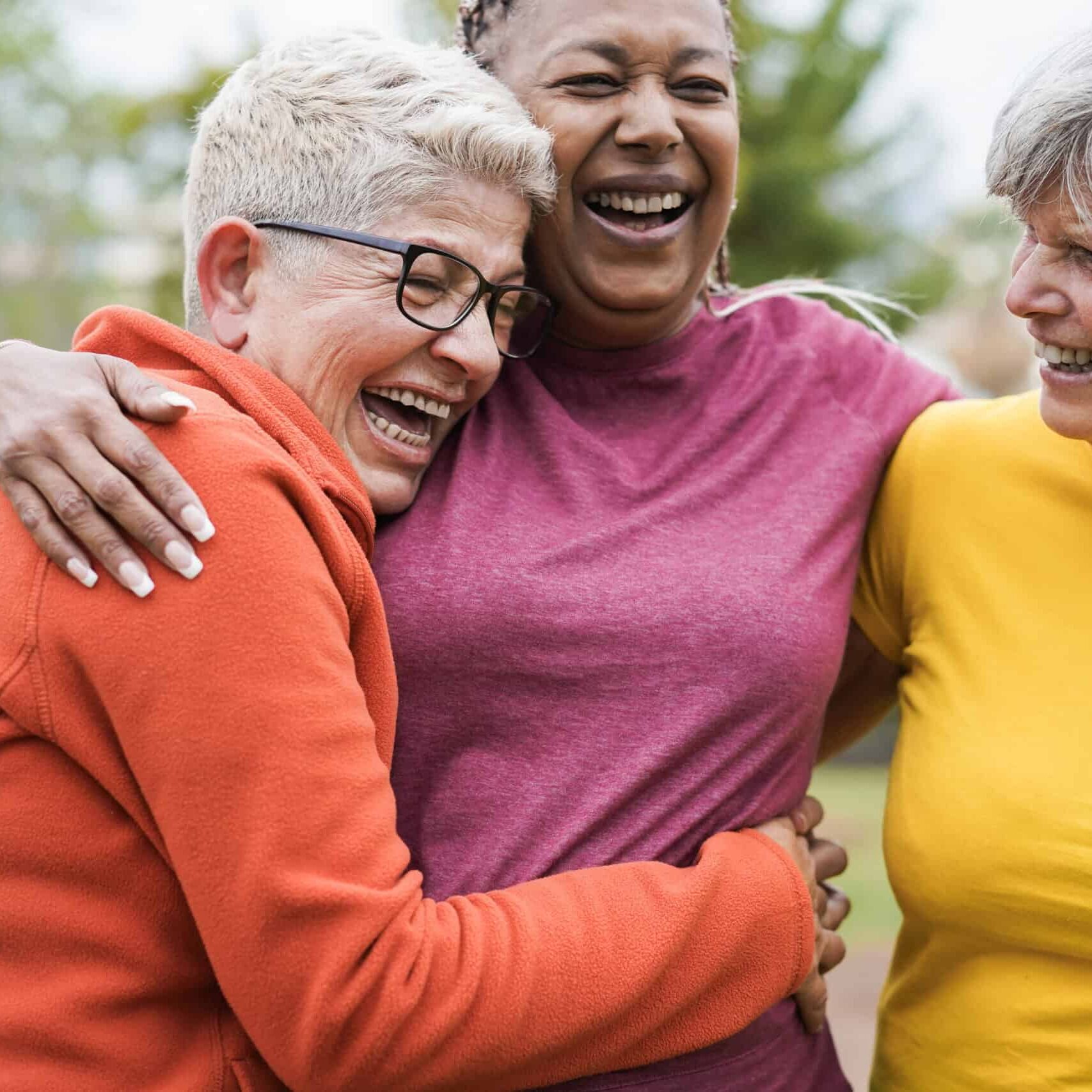
Build a community around intersectionality, and have resources to continue the work
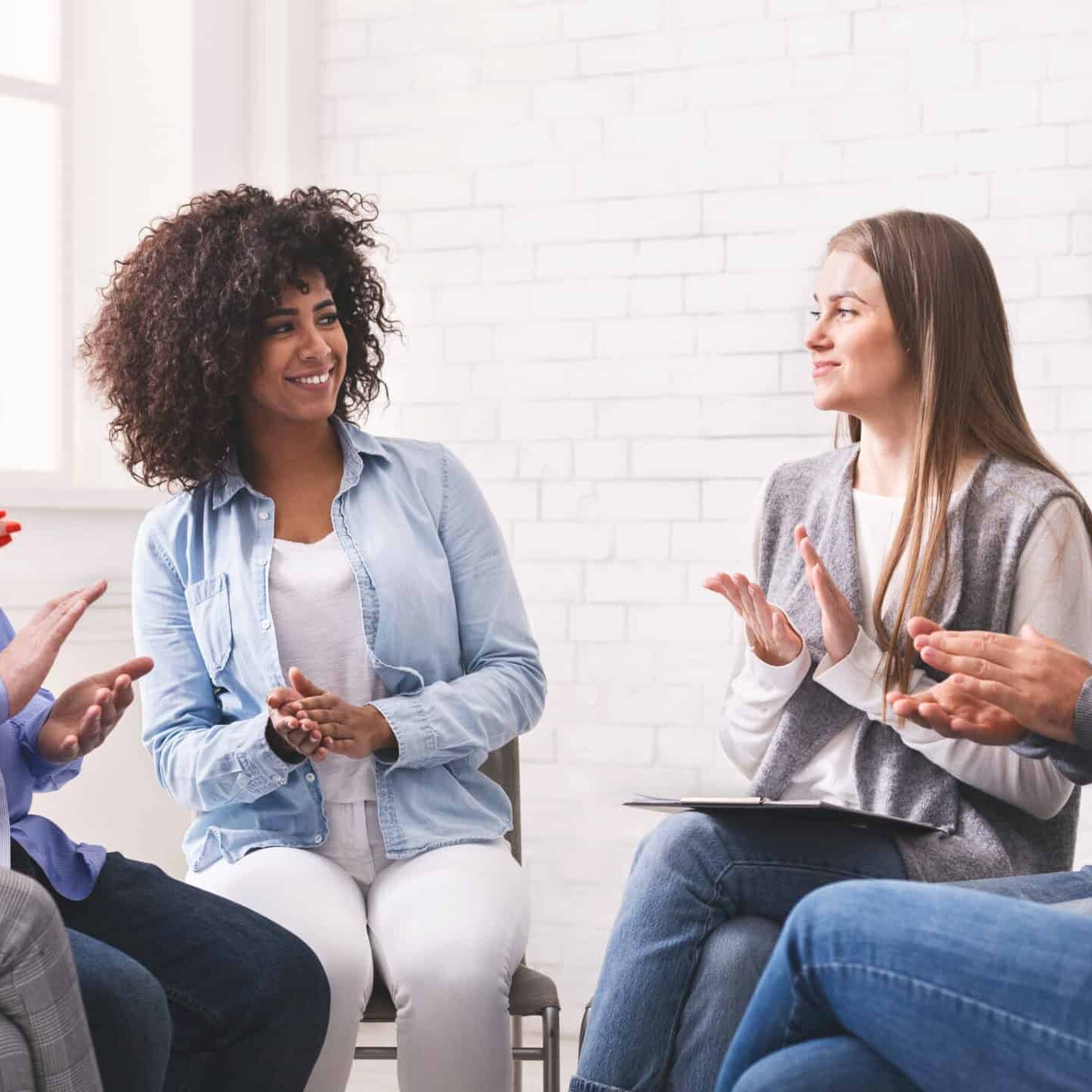
Know that when you're advocating for others who don't have their human rights upheld, you're actually advocating for yourself, too (because the best form of self-protection is to help advocate for someone else)
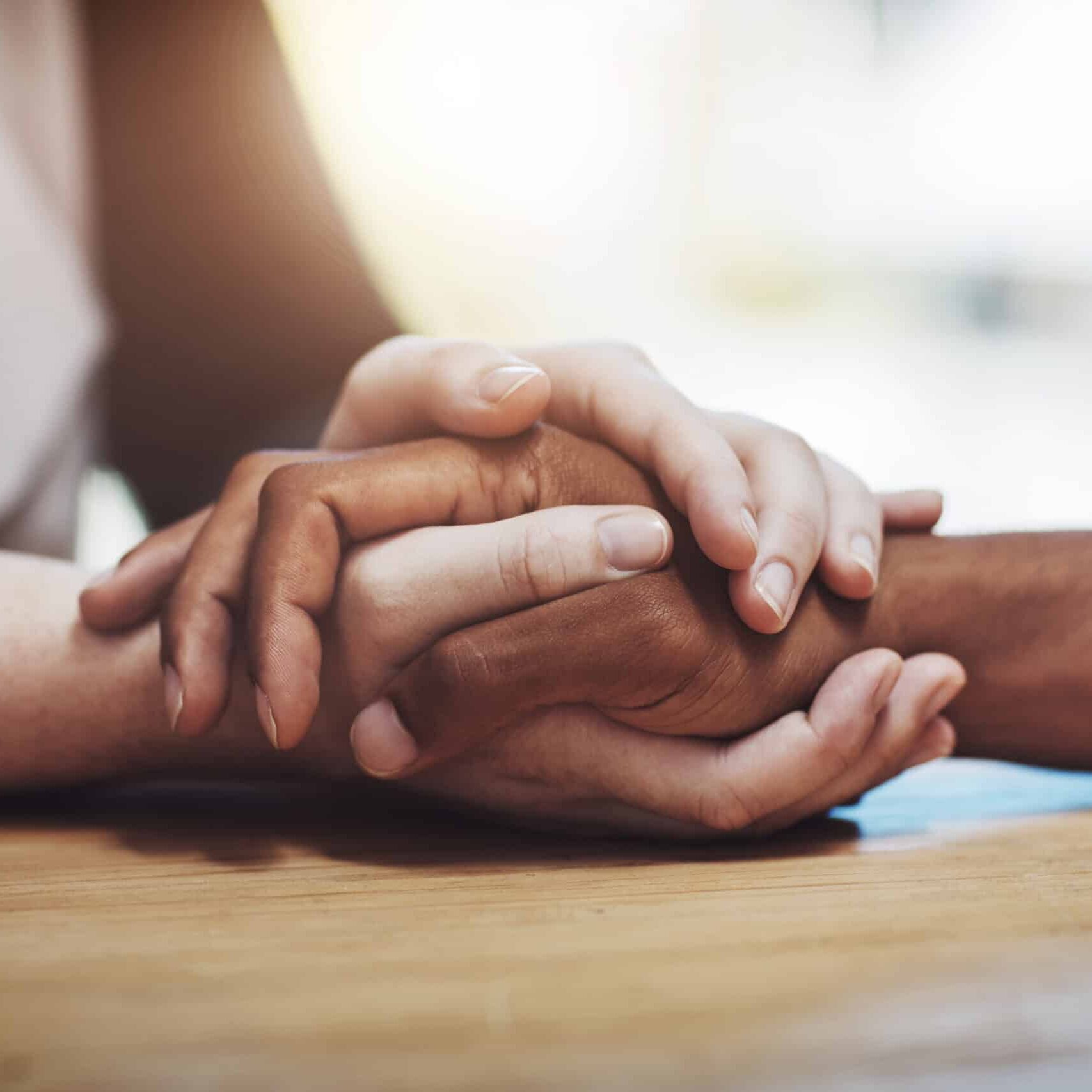
Develop the tools for self-compassion that grow into other-compassion

Live your life through an anti-oppressive lens
Here’s what you receive in
The Frontier of Social Justice:
Cross-Cultural Compassion in Clinical Practice
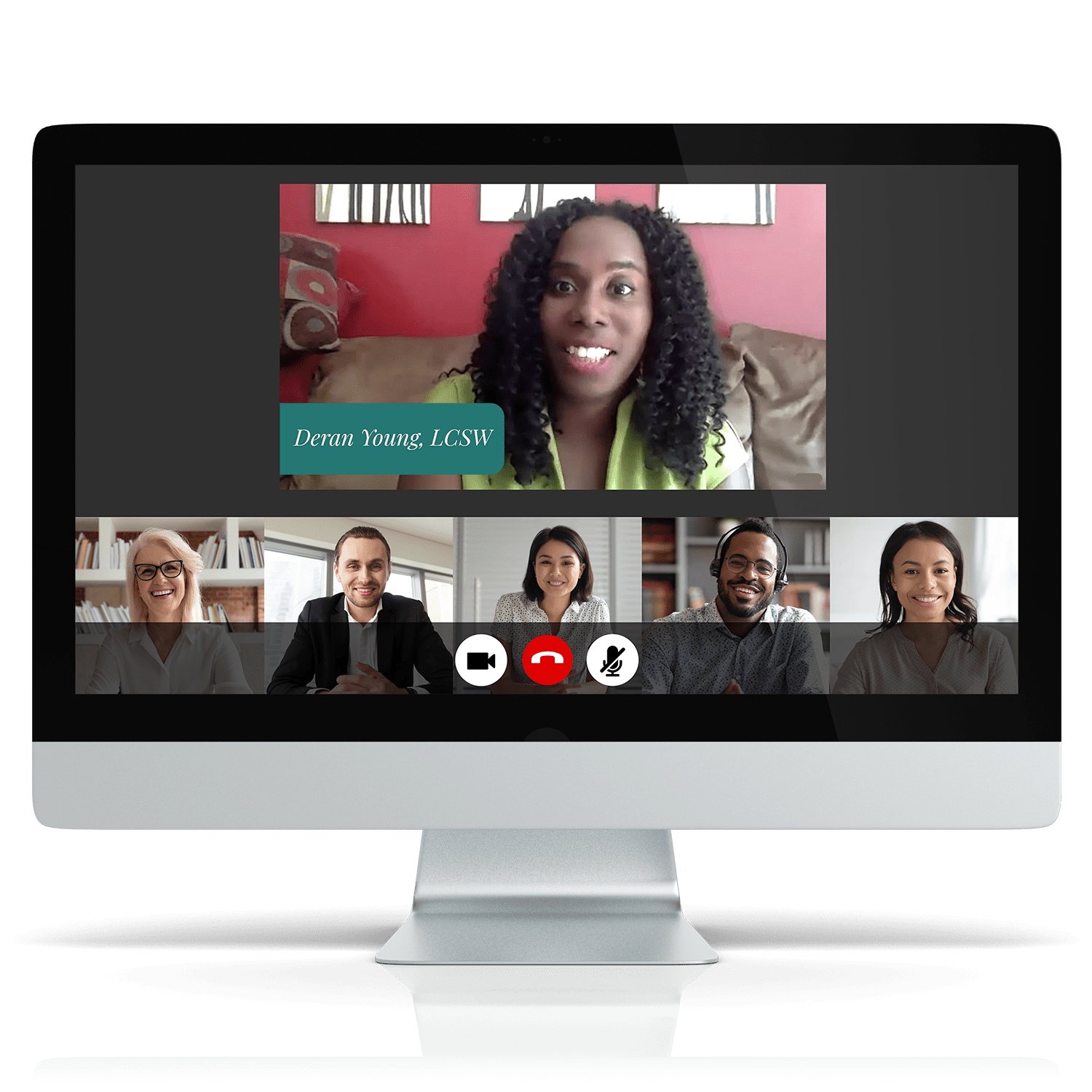
Eight pre-recorded sessions with Deran Young
Each session discusses themes of inequity, racism, systemic oppression, and intersectionality. You will learn the skills of working in the world in an anti-oppressive way, and walk away with new tools to help you practice being the human you want to be. Deran shows you by example — with videos, demos, and answers to common questions — how to be culturally compassionate. She'll show you how to practice the tools she’s teaching so you can feel confident and assured you can move through the world with an anti-oppressive lens.
Access to the Academy of Therapy Wisdom private membership site.
All your course materials in one easy-to-navigate platform, supported by our dedicated customer service team.
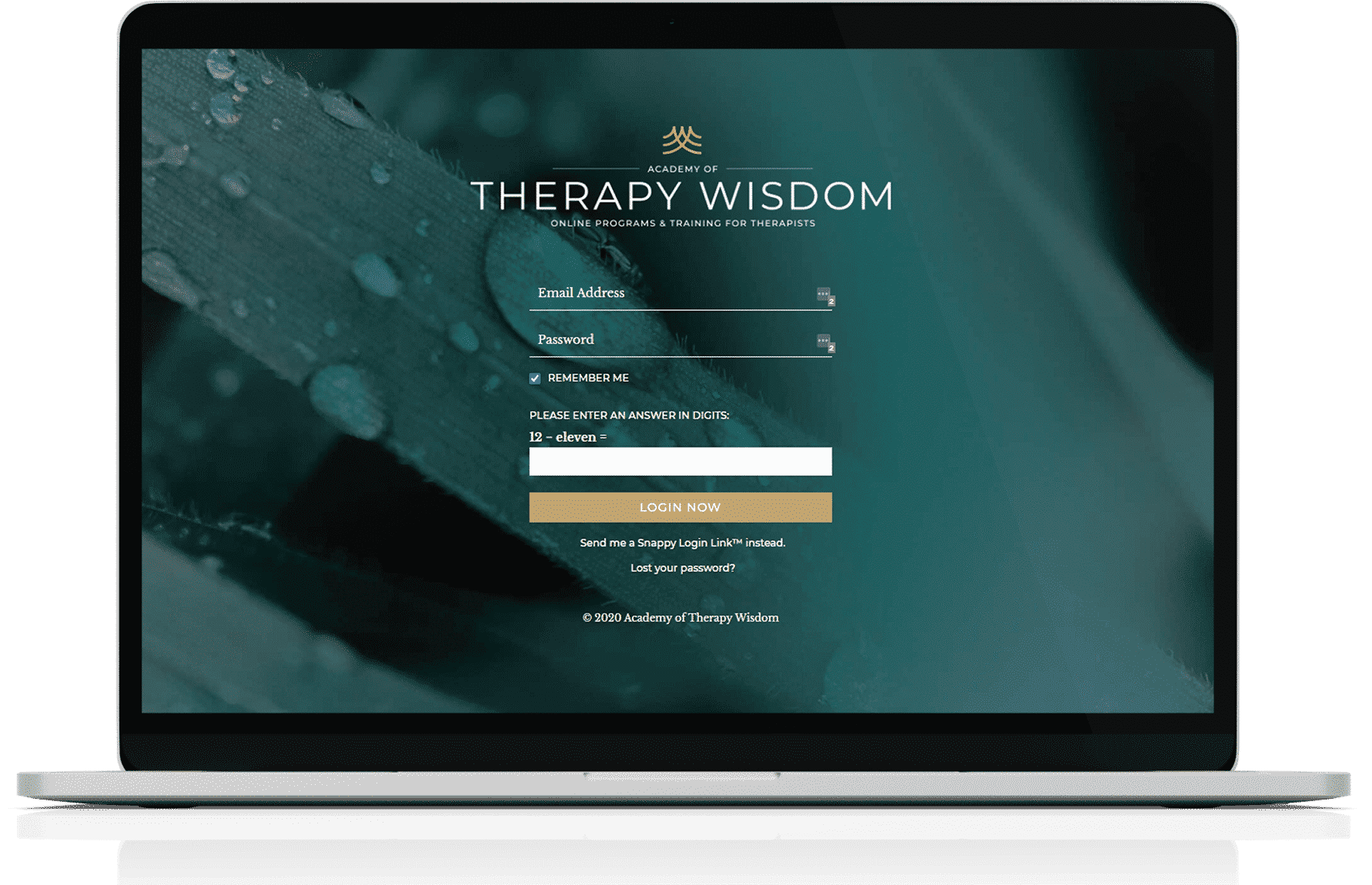
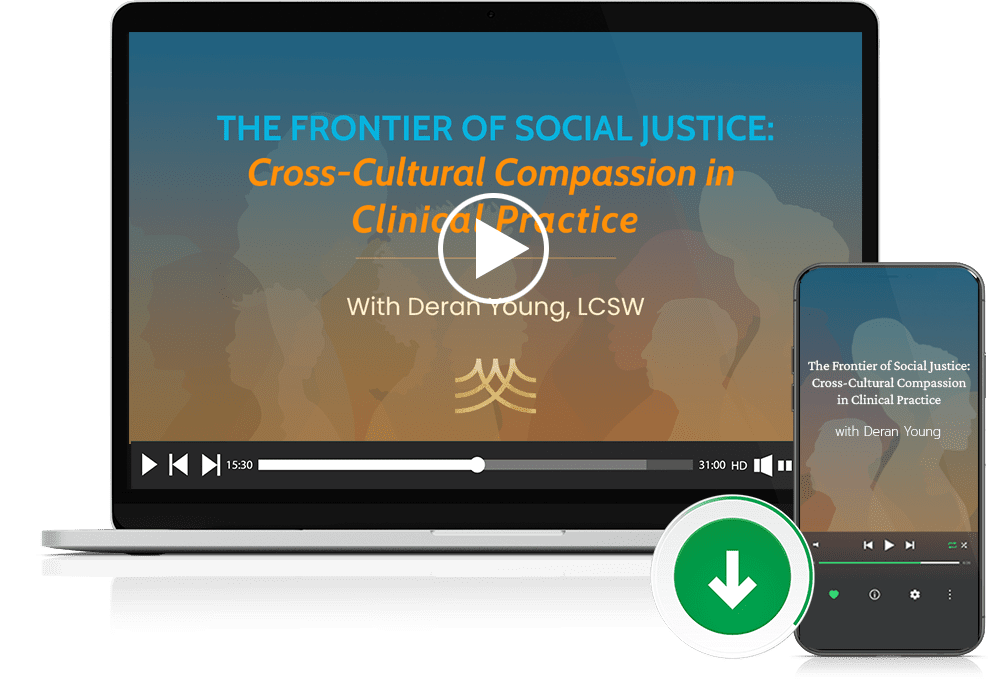
Downloadable course materials
Recordings, transcripts, and handouts so you can re-watch and dive in deeper at your own pace.
PLUS THESE SPECIAL BONUSES:
1. IFS Legacy Burdens Demos with IFS founder Dick Schwartz
Witness three video demonstrations to learn how IFS is used to address topics of racial trauma, to decrease shame for people living with HIV, and to explore systemic issues such as patriarchy.
Richard Schwartz, PhD, began his career as a systemic family therapist and an academic. Grounded in systems thinking, Dr. Schwartz developed Internal Family Systems (IFS) in response to clients’ descriptions of various parts within themselves. A featured speaker for national professional organizations, Dr. Schwartz has published many books and over fifty articles about IFS.
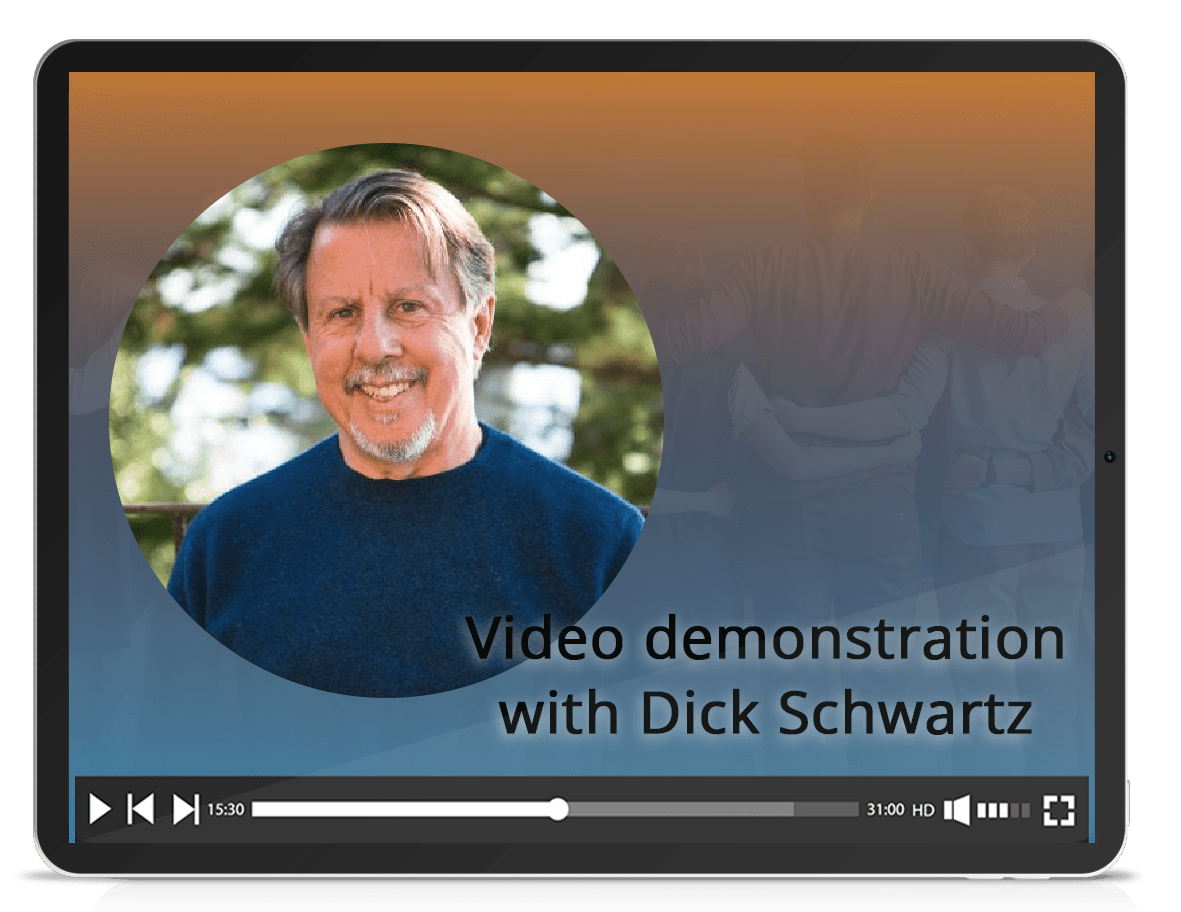
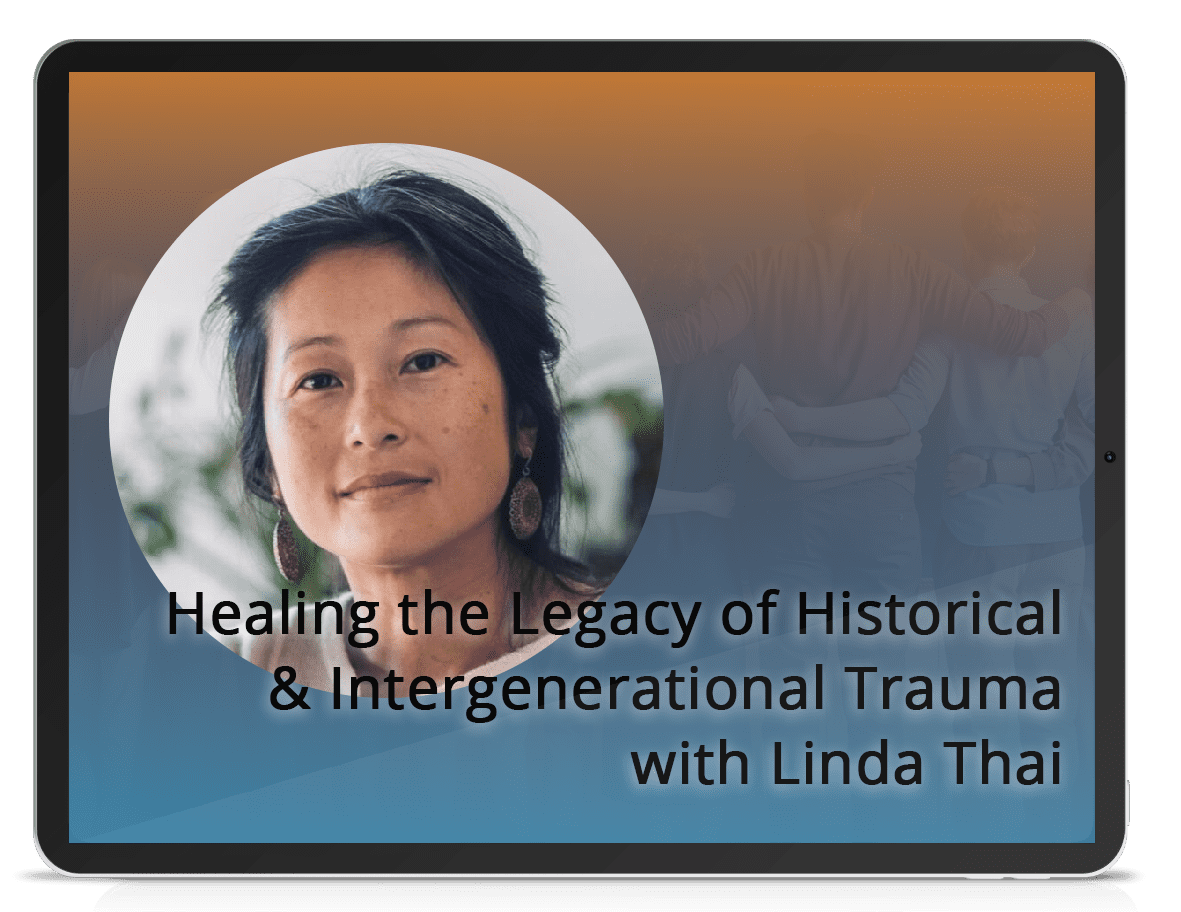
2. Healing the Legacy of Historical & Intergenerational Trauma with Linda Thai
Deran and Linda discuss how the decontextualization of historical trauma can result in the pathologizing and stereotyping of cultures, families, and individuals. They identify the various expressions — emotionally, psychologically, and behaviorally — of unmetabolized grief at the individual, family, cultural, and societal levels. Linda shares how to engage in somatic techniques to expand the nervous system’s capacity for grief and reclamation.
Linda Thai, LMSW ERYT-200, CLYL, is a trauma therapist and educator specializing in brain and body-based modalities for addressing complex developmental trauma. Linda’s work centers on healing with a particular focus on the experiences of adult children of refugees and immigrants.
Linda assists internationally-renowned psychiatrist and trauma expert Dr. Bessel van der Kolk with his private small-group psychotherapy workshops aimed at healing attachment trauma. She has a Master of Social Work with an emphasis on the neurobiology of attachment and trauma. Linda is passionate about breaking the cycle of historical and intergenerational trauma at the individual and community levels.
3. Conversation with Resmaa Menakem: 2021 Heirloom Summit
From the 3-day, intensive training, Transforming Legacy Burdens to Legacy Gifts, comes this conversation with Resmaa Menakem. The summit examined and broadened cultural awareness of systemic racism, the historical wounds underneath divisive behavior, and effective methods of healing internalized oppression, which moves beyond conventional dialogic approaches. In this conversation, Resmaa explores the core principles of white Body Supremacy, what are the necessary healing practices for bodies of culture, and the wisdom of clean pain.
Resmaa Menakem is a psychotherapist, educator, and author specializing in the effects of trauma on the human body and the relationship between trauma, white body supremacy, and racism in America.
He is the author of My Grandmother’s Hands: Racialized Trauma and the Pathway to Mending our Hearts and Bodies and The Quaking of America: An Embodied Guide to Navigating our Nation's Upheaval and Racial Reckoning. He is the founder of Somatic Abolitionism and the Cultural Somatics Institute.
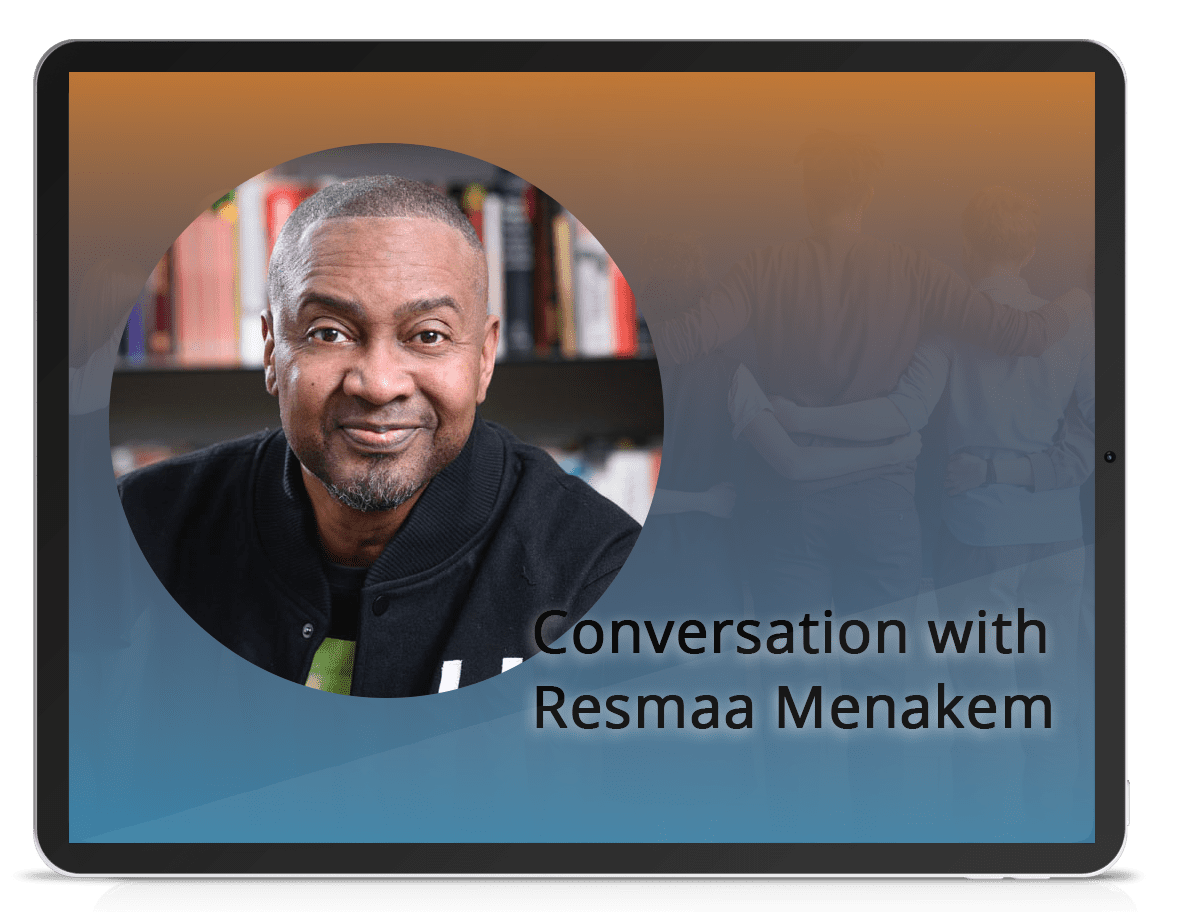
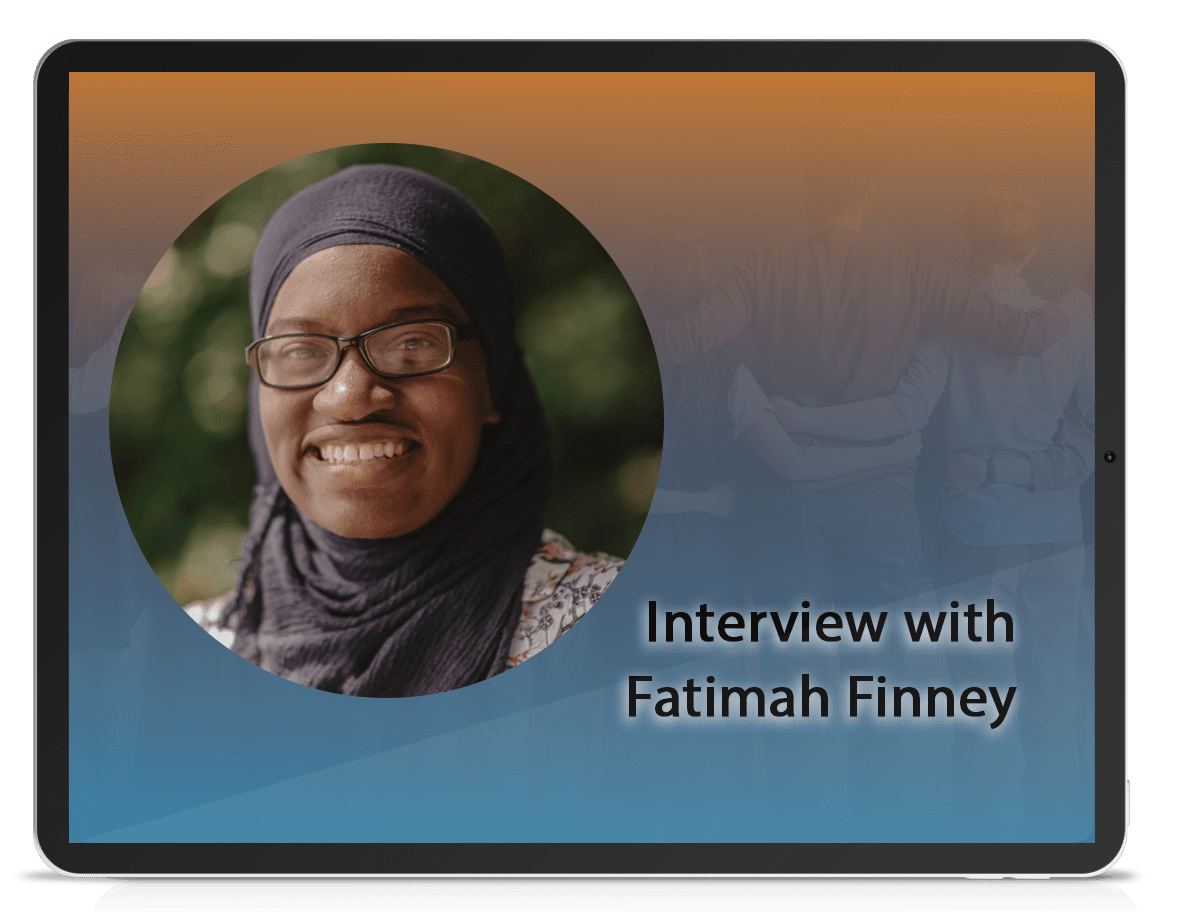
4. Intercultural Development: An Interview with Fatimah Finney
Deran and Fatimah discuss the Intercultural Development Continuum (IDC) — a concept that helps individuals assess their flexibility with other cultures — and explore issues of power, conflict, subtle acts of exclusion, and relational repair. The IDC explains that intercultural competency ranges from complete denial that other different types of people exist — minimizing them and de-emphasizing differences — to people who are fully able to adapt to various cultures with little difficulty or judgment involved.
Fatimah Finney, LMHC is a DEI consultant, a trainer at the IFS Institute and a certified IFS therapist who supports adult clients navigating stressors in their workplaces. She is also a Qualified Administrator of the Intercultural Development Inventory and helps people assess their capacity for engaging cross-culturally with others.
5. The Door of No Return: An Interview with Benjamin Lugu
Join Deran as she talks with Benjamin Lugu, a former high school student who was part of Deran’s Sankofa Project during her semester-long study abroad in Ghana, West Africa. Deran will also share her own experiences touring the historic forts and dungeons of the Transatlantic Slave Trade. The Door of No Return has become a symbolic acknowledgment of cultural disconnection for the ancestors who were treated as cargo while they were trafficked from Africa to the Americas.
Benjamin is a PhD student at The University of Alabama, Tuscaloosa, in the department of Educational Studies in Psychology, Research Methodology, and Counseling. He is majoring in Educational Statistics and Research Methods. Over the years, his research has been on the application of structural equation modeling for behavior analyses.
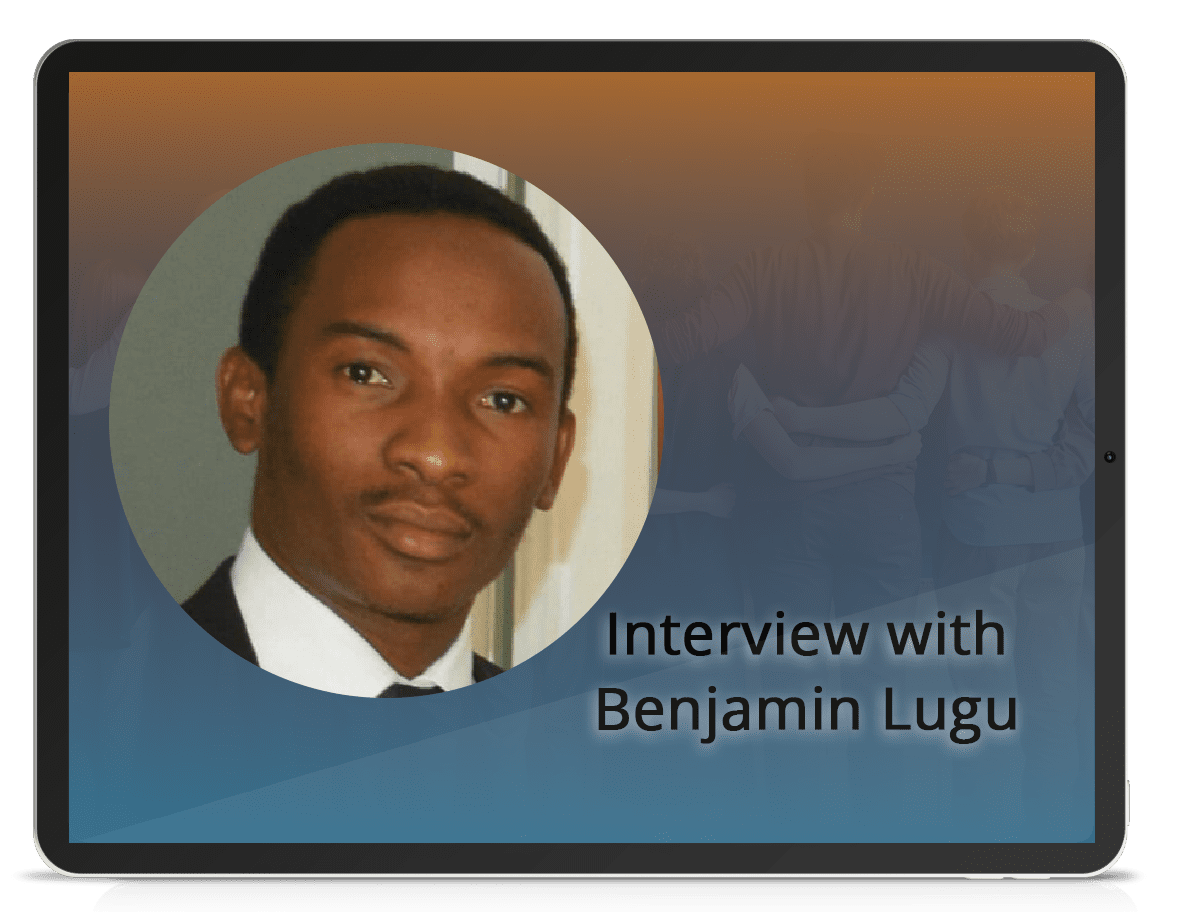
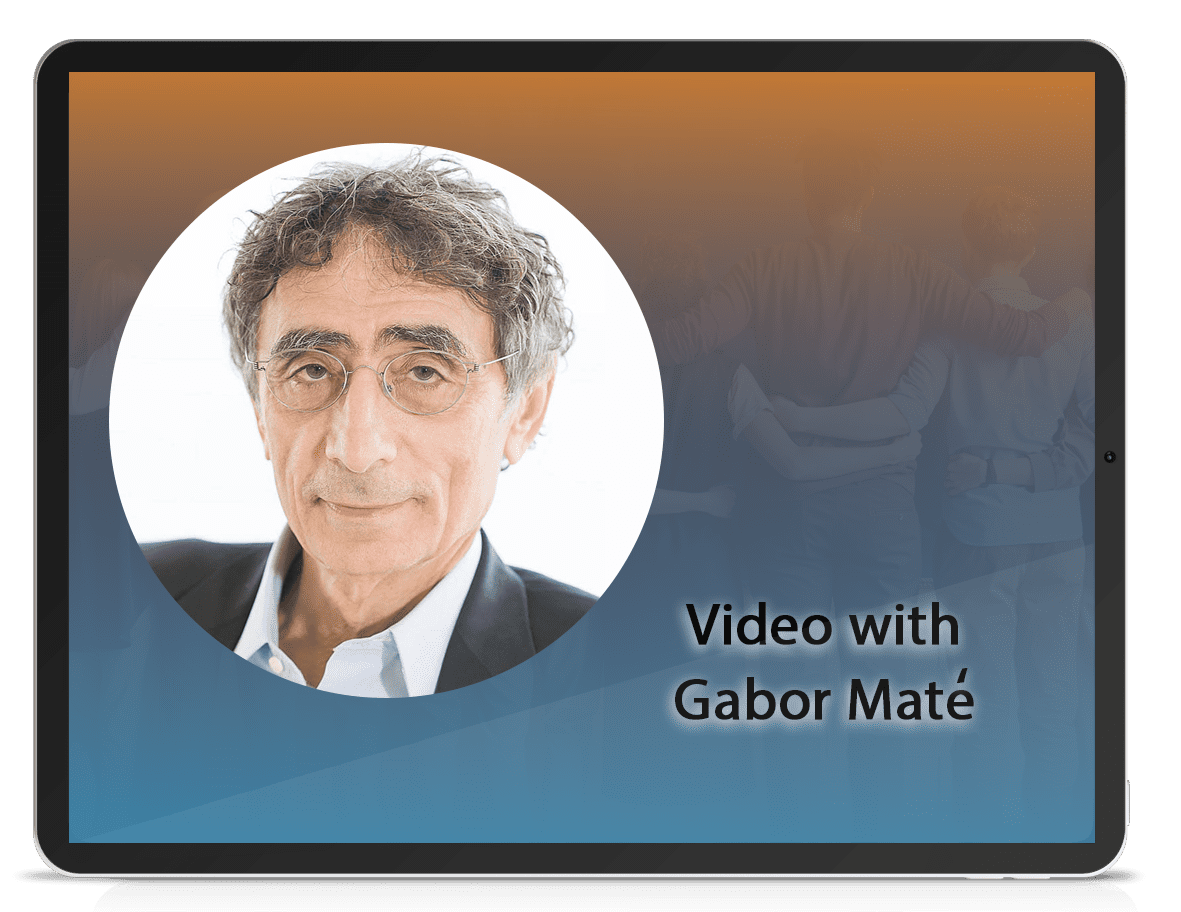
6. Compassion for Cultural Trauma: A Conversation Gabor Maté
In this conversation recorded for Black Therapists Rock, Gabor introduces Compassionate Inquiry and discusses the myth of “normal.” He acknowledges how systemic oppression leads to health disparity, and how we as therapists can bring more compassion to therapeutic practice using Compassionate Inquiry. Gabor introduces a de-stigmatized perspective to view neurodivergence and addiction, and to bring more compassion to therapeutic practice.
After 20 years of family practice and palliative care experience, Dr. Maté worked for over a decade in Vancouver’s Downtown East Side with patients challenged by drug addiction and mental illness. The bestselling author of four books published in over thirty languages, Gabor is an internationally renowned speaker highly sought after for his expertise on addiction, trauma, childhood development, and the relationship between stress and illness. His book on addiction received the Hubert Evans Prize for literary non-fiction.
7. Violence and Inequity from Homophobia, Transphobia, and Misogyny: An Interview with Yolo Akili
During this interview, Deran and Yolo discuss Yolo’s work with the National Institute of Health’s Healthy Young Men’s research initiative, focusing on improving health outcomes for young Black and Latino men.
They share their experience of being contributing authors in the recent anthology on Black vulnerability and shame resilience, You are Your Best Thing, edited by Tarana Burke and Dr. Brené Brown. They talk about Yolo’s continued work to bring awareness to violence and inequalities stemming from homophobia, transphobia, and misogyny.
Yolo Akili is a healing justice worker, yogi, and the founder and Executive Director of BEAM (Black Emotional and Mental Health Collective). He began his career in public health, supporting Black communities as an HIV/AIDS counselor. Yolo co-founded Sweet Tea: Southern Queer Men’s Collective, a collective of gay and queer men who come together to address sexism and misogyny in LGBT communities.
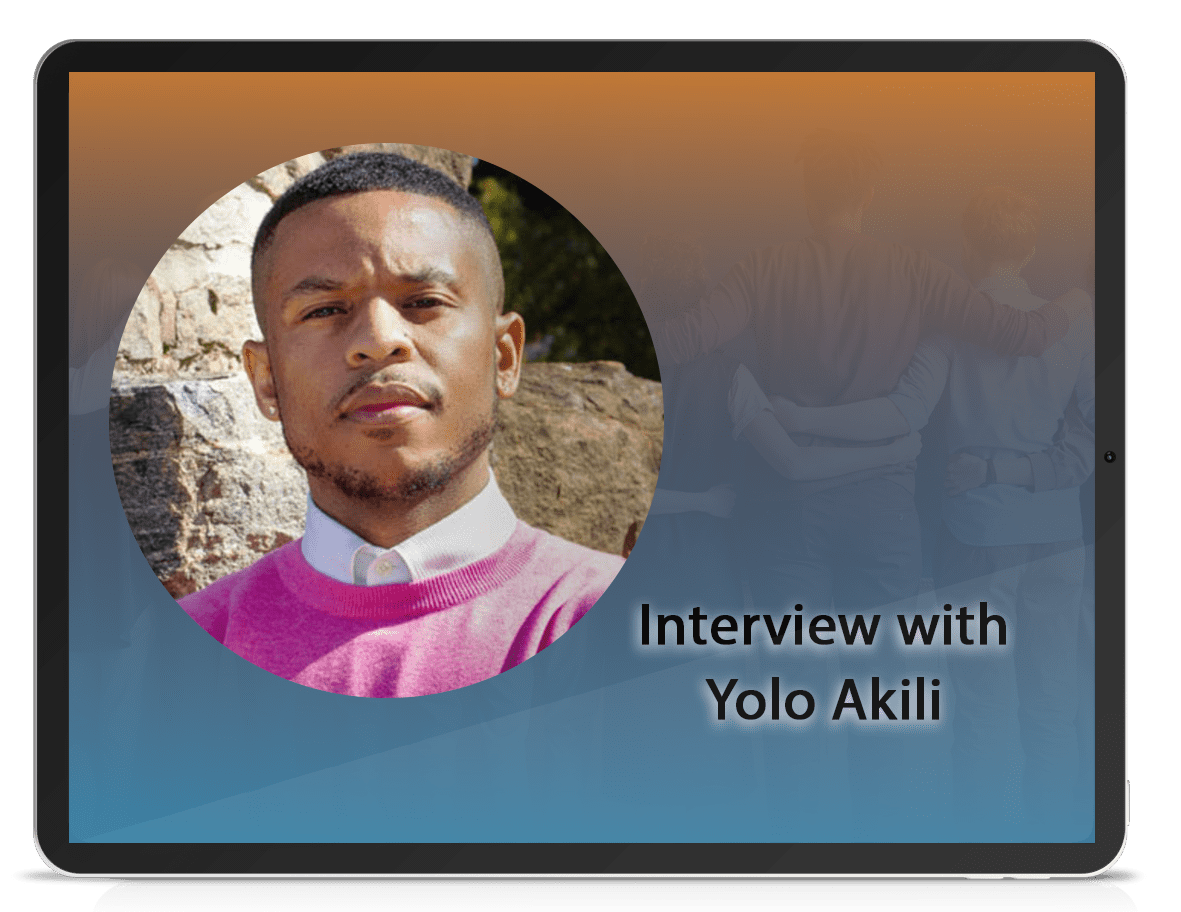
Session 1:
Social Justice, Self Compassion, & Shame Resilience
In this session, Deran explores what gets in the way when individuals have intentions of becoming more actively involved in social justice. Using a non-judgmental approach, she discusses the common emotions (i.e., blame, shame, and guilt) and teaches methods to embrace them with care and compassion. She builds the foundation and container needed to show up and do this uncomfortable work by committing to everyone being “a learner, not a knower.”
In this session, these topics are discussed:
How perfectionism, self-righteousness, criticism, fear, guilt, blame, and denial get in the way of maintaining curiosity
The internal experience of shame and associated psychological defenses
Utilizing communal support and self-compassion for endurance in anti-oppression and social justice
The Learning Zone Model, developed by psychologist Lev Vygotsky, applied to anti-racism
The Enneagram perspective of understanding parts of our personality as it relates to fears, unconscious motives (i.e., shadow), and guidance on personal development
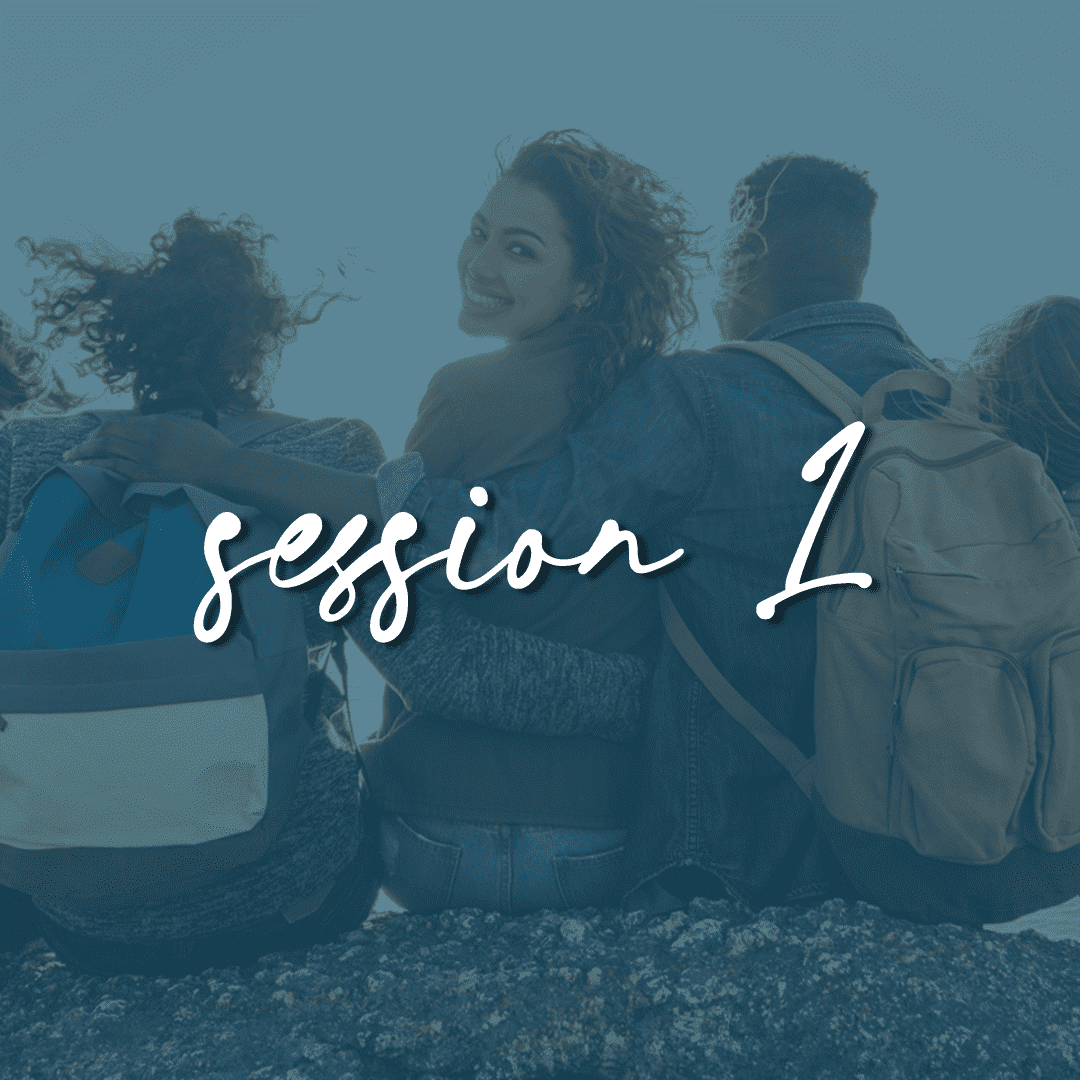
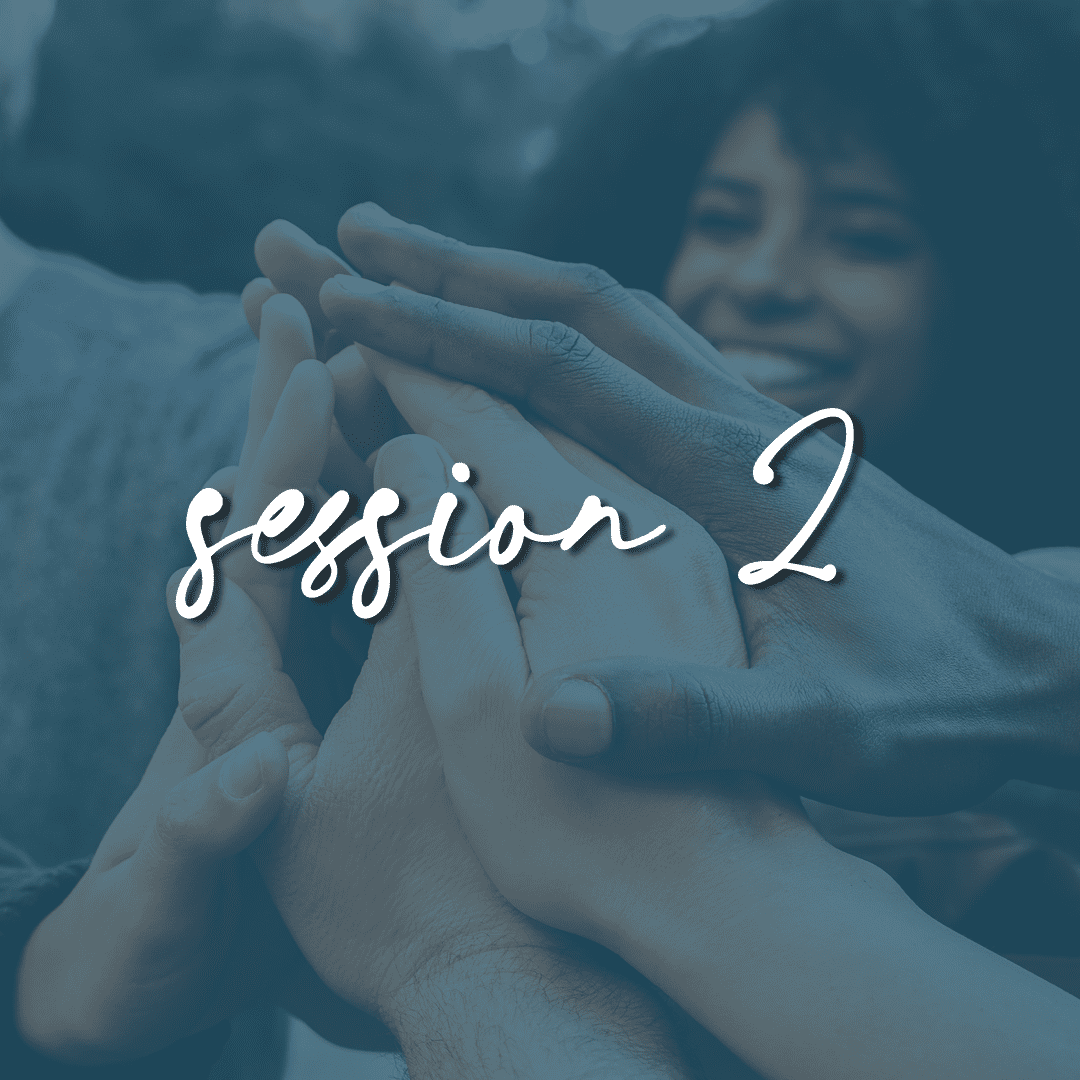
Session 2:
Prejudice, Power & Privilege: “We are all Ken’s & Karen’s” with Guest Rebecca Ching
“These cycles of oppression leave scars on the victims and victors alike, scars that embed themselves in our collective psyches and are passed down through generations, robbing us of our humanity. . . . We must return and claim our past in order to move toward our future.”
— Dr. Joy DeGruy, author of Post Traumatic Slave Syndrome
Like slavery, many legal and judicial structures directly or indirectly limit the power of African Americans and separate poor and minority populations from whites. In this module, we define terms commonly used in anti-oppression work and personalize how we each have been conditioned by systemic oppression. We will begin to unpack the intergenerational trauma associated with the legacy of White Supremacy Culture. Utilizing Dr. Ken Hardy’s theory of “privileged vs. subjugated selves,” we will untangle the concept of intersectionality and discuss how some “parts” of our identity hold experiences of power and privilege, while other parts can simultaneously hold experiences of systemic oppression.
In this session, we will discuss:
Various aspects of culture and the intersections between identities of privilege and identities of subjugation
The intergenerational impact of subjugation
How to identify the daily effects of white privilege and how “proximity to whiteness” often determines access to resources
The tools of White Supremacy Culture that enable and perpetuate systemic oppression, fostering an “us vs. them” mentality
The unique anti-blackness in the United States of America and its continued impact, especially among descendants of enslaved Africans
Session 3:
Legacy Burdens & Systems Thinking
“Trauma decontextualized in a person looks like personality. Trauma decontextualized in a family looks like family traits. Trauma decontextualized in people looks like culture.”
— Resmaa Menakem
A legacy burden is negative beliefs, memories, emotions, and energies passed down through the family line or culture. Racism, Patriarchy, Materialism, and Individualism are four collective legacy burdens that impact everyone living in the United States of America. These burdens are transmitted both overtly and covertly. Systems thinking prioritizes interconnectedness over individualism, and recognizes that all parts of a process, person, or community must be valued for the health and harmony of the larger system.
In this session, these topics are discussed:
The IFS approach to embracing “parts” of a system to unburden the fears they carry
Self Energy, unblending, YOU-turn, and unburdening
The Drama Triangle, polarizations, and the interconnected nature of systems
The theoretical basis of compassionate witnessing and corrective experiences in therapy
Systems thinking as a shift in mindset, away from linear thought processes to circular and multidimensional
Resmaa Menakem’s concept of clean pain (choosing integrity over fear and standing in that integrity to move forward toward the unknown) vs. dirty pain (responding to fear and conflict from our inner wounded child)
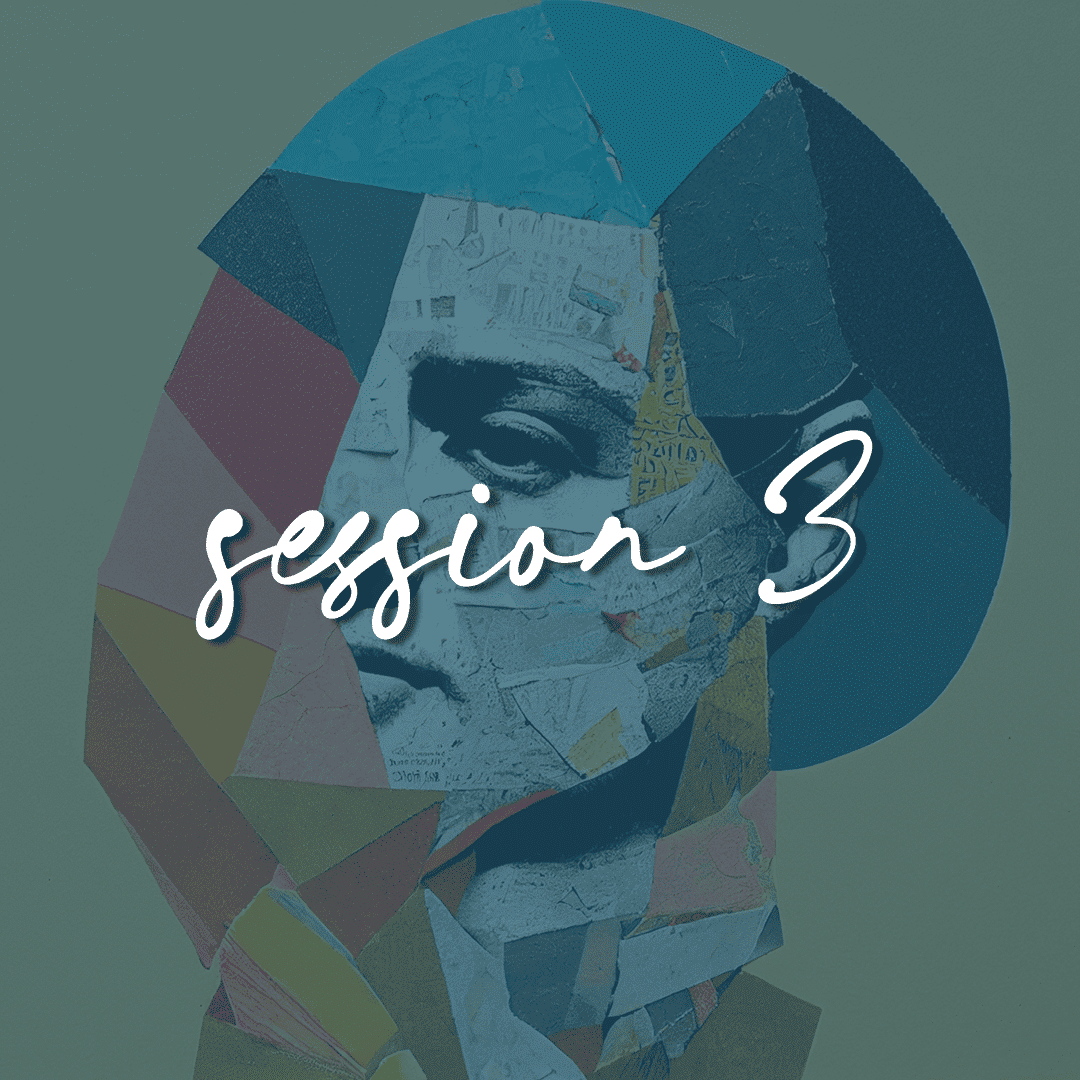

Session 4:
Decentering Patriarchy & CisHet Privilege
“My silences had not protected me. Your silence will not protect you.”
– Audre Lorde
Not unlike white privilege, “cisgender privilege” or “heterosexual privilege” are terms used to refer to the advantages that people receive for being treated as society’s default gender and sexuality “norm.” Decades of research show that LGBTQ+ia populations face a disproportionate burden of mental health problems, including depression, lower self-esteem, and substance use. LGBTQ+ia people are not inherently more prone to these challenges because of their sexual orientation or gender identity, but rather because they are discriminated against, victimized, shamed, and stigmatized by society. Heteronormativity perpetuates homophobia and transphobia, which is reflected in the thousands of violent acts towards members of the LGBTQ+ia community globally each day.
In this session, these topics are discussed:
How patriarchy and cishet privilege are related
Pioneers who initiated the fight against trans- and homophobia, spoke up, and encouraged others to fight for justice and respect
Higher risk factors associated with BIPOC who identify as LGBTQ+ia
Appropriate terms, language, and definitions to be better equipped in supporting members of the LGBTQ+ia community
Session 5:
The Cognitive Behavioral Impact of Poverty
“God never intended for one group of people to live in superfluous inordinate wealth, while others live in abject deadening poverty.”
— Dr. Martin Luther King, “Strength to Love,” 1963
Research shows that poverty is a collective experience of lacking and longing for resources. Studies indicate that our economic circumstance significantly impacts our behaviors and cognitive processes, and these are often passed down inter-generationally. An overwhelming amount of data has shown that experiencing poverty during childhood is associated with poorer mental and physical health outcomes. Thirty percent of those in the highest economic stratum of society were classified as mentally “well,” while only 4.6% of the lowest stratum experienced the same.
In this session, these topics are discussed:
The nine vital resources that influence a person’s social and emotional wellbeing.
How language and messaging impact self-esteem.
The “Hidden Rules” of middle-class culture
The culture of poverty as it relates to Adverse Childhood Experiences (ACEs)
American privilege, survival of the fittest, and the colonial mindset
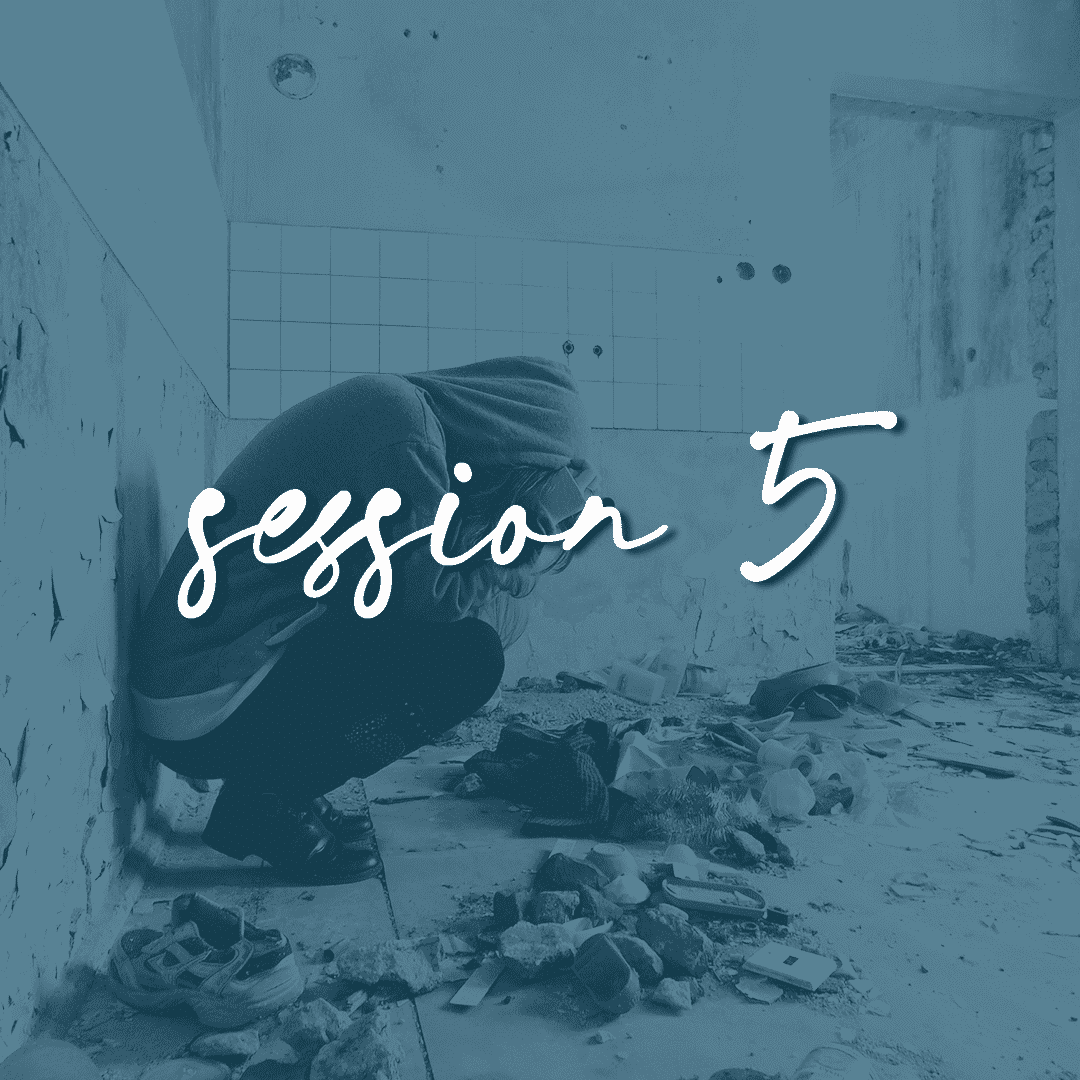
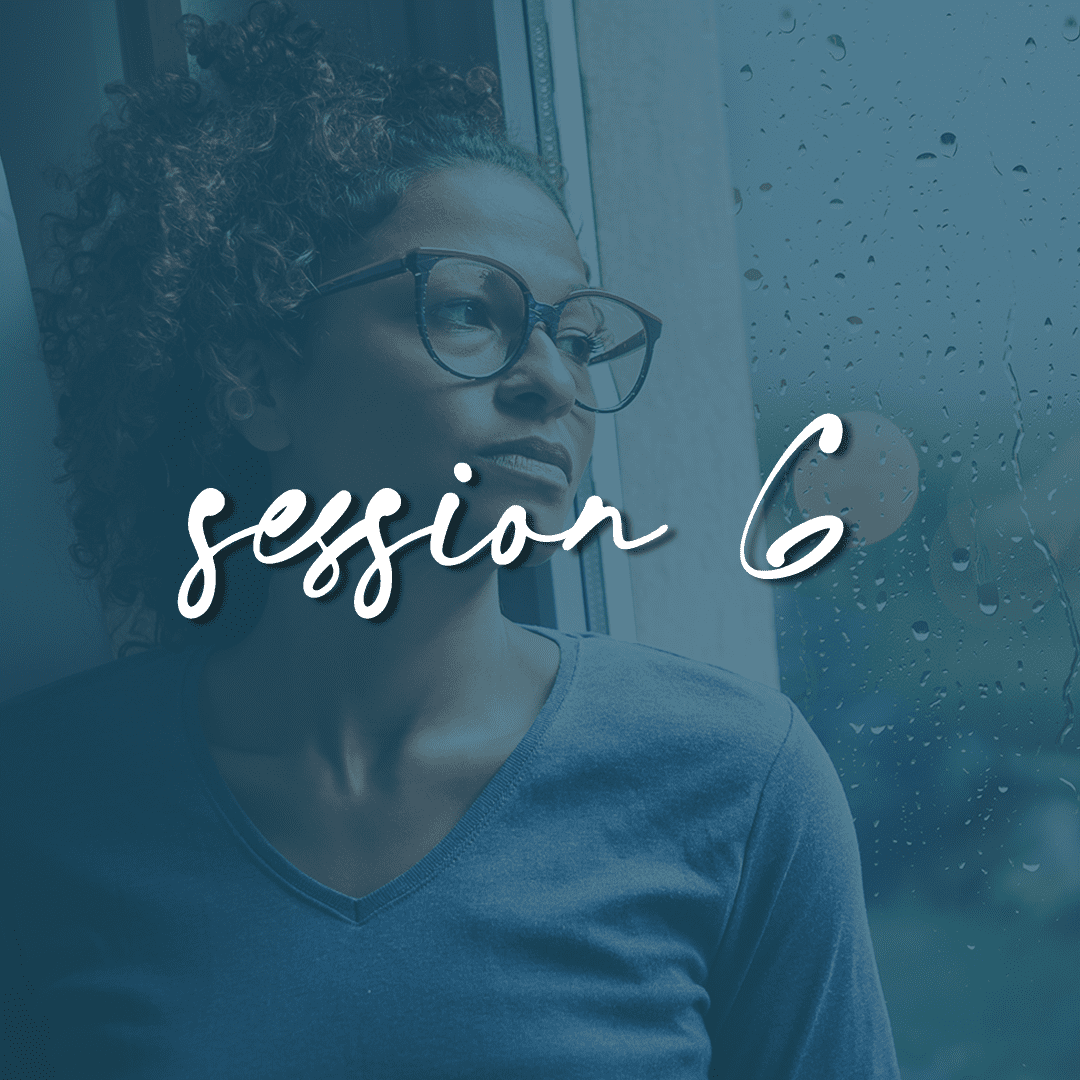
Session 6:
Individualism, Isolation & Intergenerational Trauma
“Socialism for the rich, individualism for the poor.”
— Dr. Martin Luther King
American individualism developed as European colonizers’ took over land from the east to the west. “Rugged pioneers” operated in isolation and with very little infrastructure. These historic circumstances influenced our current attitudes and policies favoring individualistic freedom over community and collectivism. National programs such as the War on Poverty, War on Crime, Law Enforcement Assistance Act, and privatized prisons have further isolated marginalized people, incentivizing social service providers to ally with police departments, courts, and prisons, and introducing law enforcement measures into urban schools and public housing. Today, crime control and incarceration are America’s responses to poverty and inequality.
In this session, these topics are discussed:
A comprehensive understanding of the school-to-prison pipeline
Collectivism as a protective factor for suicidal ideation in individualistic societies
Social isolation as a risk factor for poor life satisfaction across all domains and higher rates of substance use
The intersection of criminal justice and mental health
How the war on drugs perpetuates social inequality, mental health stigma, miseducation, and racist political propaganda
Session 7:
Developing a Change Plan
“Wanna go fast, go alone. Wanna go far, go together.”
— African Proverb
Our individual and collective goals toward social justice will demand we continuously renew our commitment to reducing complicity while increasing our capacity for more therapeutic connections. To be effective in this work will require ongoing support, accountability, and reflection. The goal is to create greater access to resources in solidarity with systematically oppressed people so you can live authentically and wholeheartedly. Together we will create a plan for success to increase cultural humility and cross-cultural compassion.
In this session, these topics are discussed:
Contemplation & Preparation vs. Action & Maintenance
Ambivalence and stuck points to examine hidden fears or concerns
The conceptual differences between diversity, equity, inclusion, and belonging
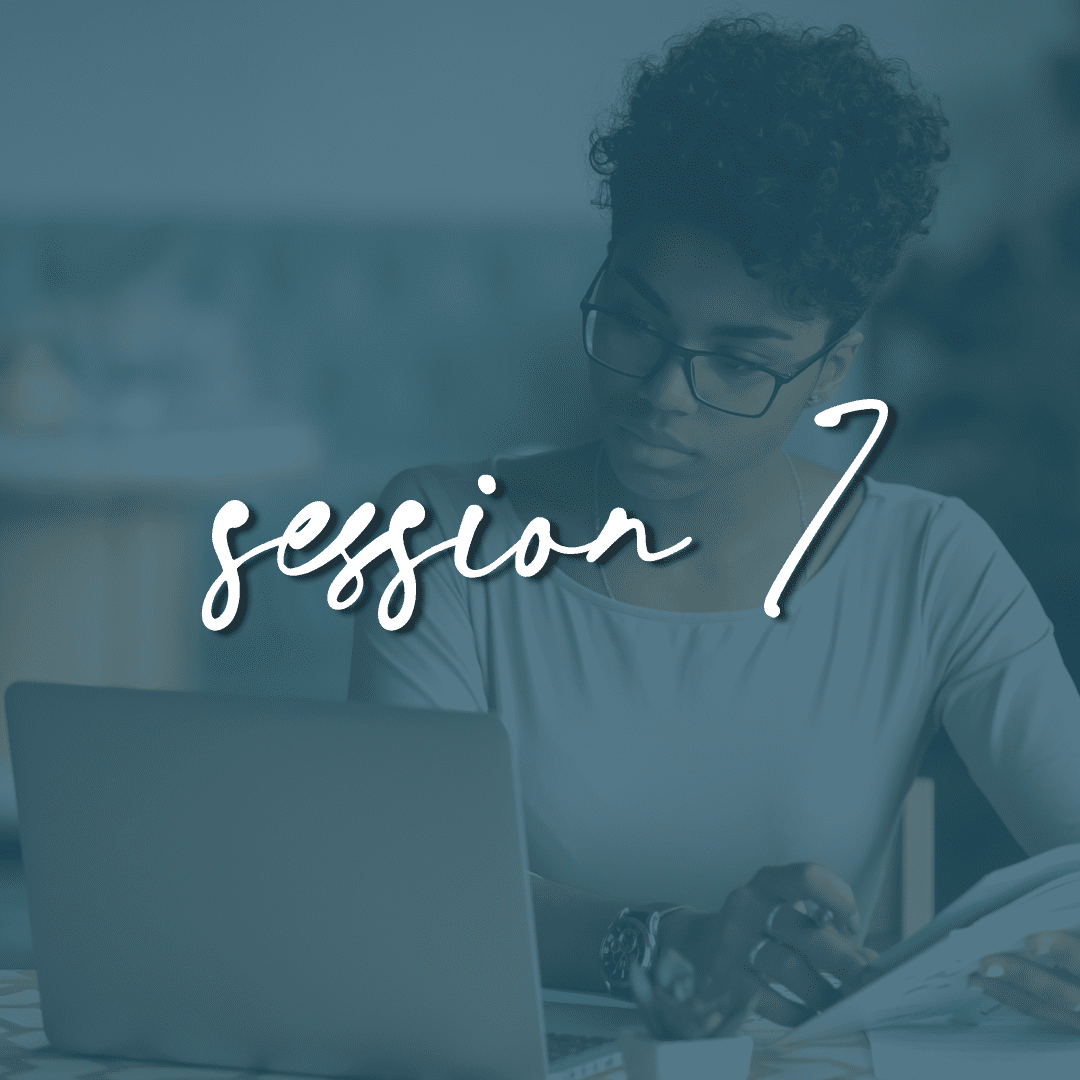
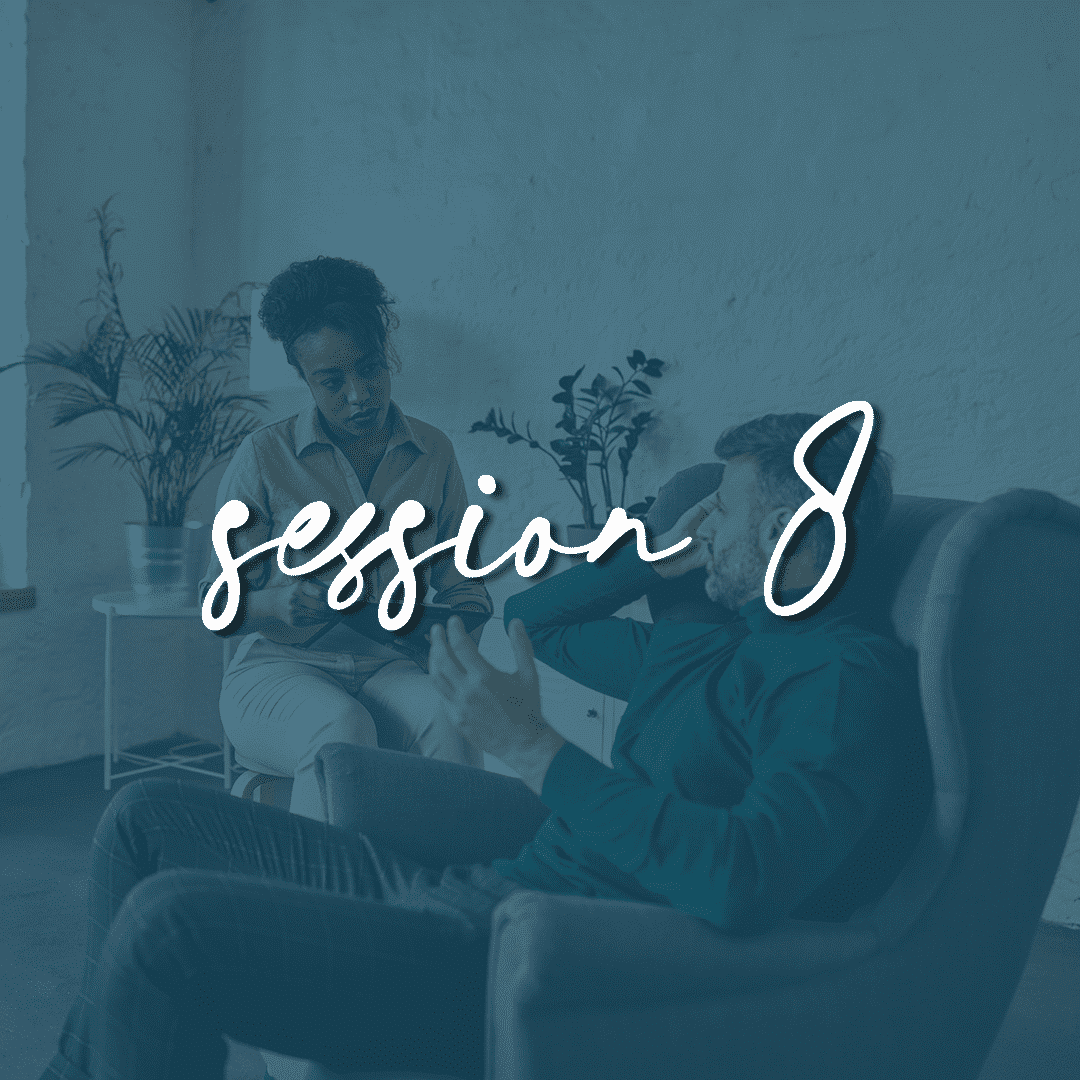
Session 8:
Integration & Application
“I believe in recognizing every human being as a human being--neither white, black, brown, or red; and when you are dealing with humanity as a family, there's no question of integration or intermarriage. It's just one human being marrying another human being or one human being living around and with another human being.”
― Malcolm X, The Autobiography of Malcolm X
Carl Jung argued that integration is the process during which both the individual and collective unconscious are integrated harmoniously into our personality. Integrating with integrity includes the ability to be fully honest and accurate about the intentions AND impact of one's actions.
In this session, these topics are discussed:
Tips for creating a life that is distinctively transformative in response to cultural segregation
The need for racial affinity groups in anti-racism work
Harvard’s Guide for White Affinity Groups
Ways to identify “power over” vs. power within
Circle-back prompts to facilitate relational repair and corrective experiences
Meet Your Presenter
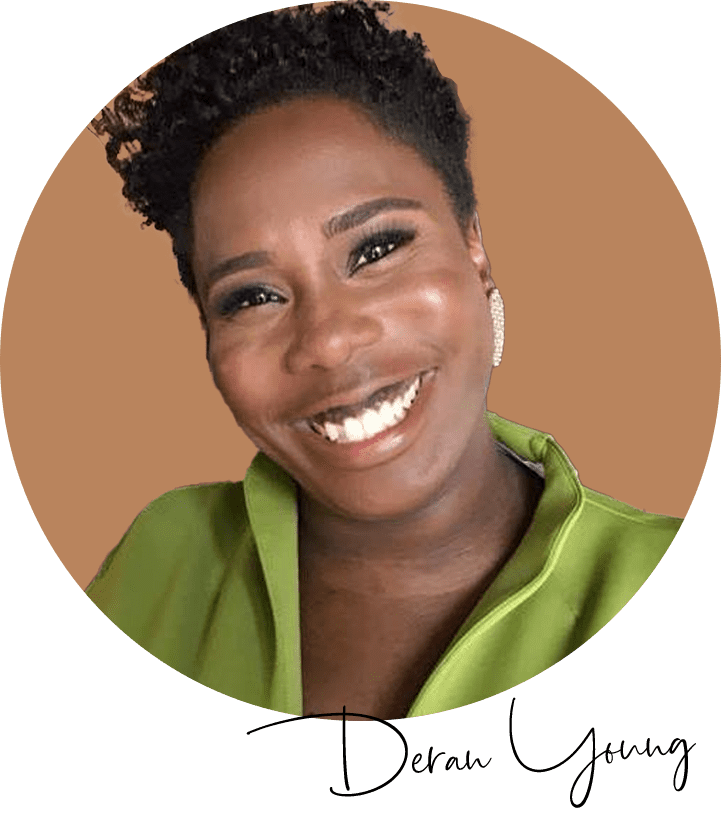
Deran Young, LCSW
Deran Young, LCSW, is a licensed therapist specializing in racial trauma and legacy burdens. She is a co-author of the New York Times best-seller, You Are Your Best Thing. She's a retired military officer and founder of Black Therapists Rock, a non-profit organization with a network of over 30,000 mental health professionals committed to reducing the psychological impact of systemic oppression and intergenerational trauma.
Deran obtained her social work degree from the University of Texas, where she studied abroad in Ghana, West Africa, creating a high school counseling center for under-resourced students. Deran has visited over 37 countries, and her clinical experience spans four continents.
Her passion for culture and people has made her a highly sought-after diversity and inclusion consultant working with companies like BBERG, Facebook, Linked In, and YWCA.
Deran resides in the Washington, DC, area with her 10-year-old son.

